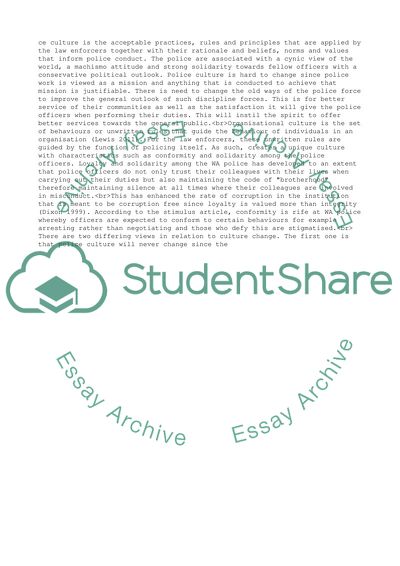Cite this document
(Organisational Behaviour Case Study Example | Topics and Well Written Essays - 2250 words, n.d.)
Organisational Behaviour Case Study Example | Topics and Well Written Essays - 2250 words. https://studentshare.org/law/1842213-organisational-behaviour
Organisational Behaviour Case Study Example | Topics and Well Written Essays - 2250 words. https://studentshare.org/law/1842213-organisational-behaviour
(Organisational Behaviour Case Study Example | Topics and Well Written Essays - 2250 Words)
Organisational Behaviour Case Study Example | Topics and Well Written Essays - 2250 Words. https://studentshare.org/law/1842213-organisational-behaviour.
Organisational Behaviour Case Study Example | Topics and Well Written Essays - 2250 Words. https://studentshare.org/law/1842213-organisational-behaviour.
“Organisational Behaviour Case Study Example | Topics and Well Written Essays - 2250 Words”. https://studentshare.org/law/1842213-organisational-behaviour.


